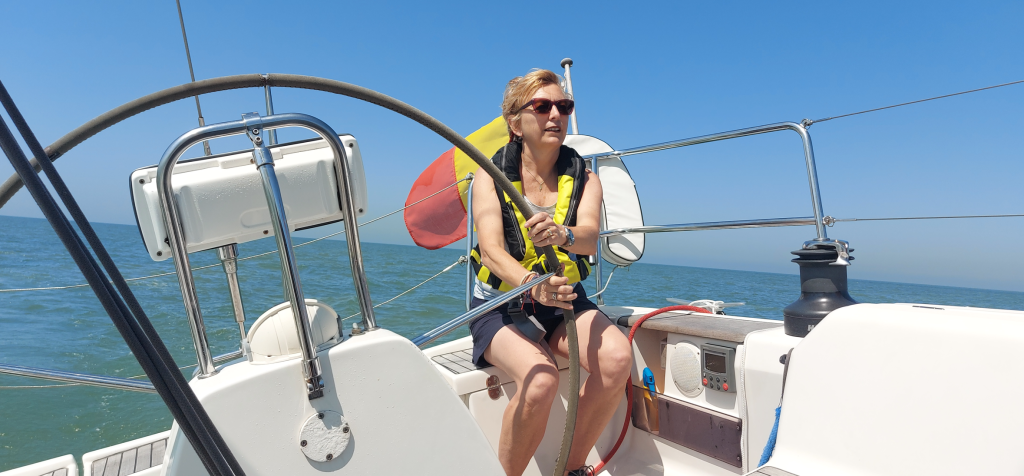Unexpected links between sailing and facilitation skills!
Hilde Nicasi is partner at Progress Consulting. Next to her job as a trainer and a facilitator, you will find Hilde at sea! Which sailing skills does she use when facilitating groups? She shares her secrets, useful both as a sailor and as facilitator!






